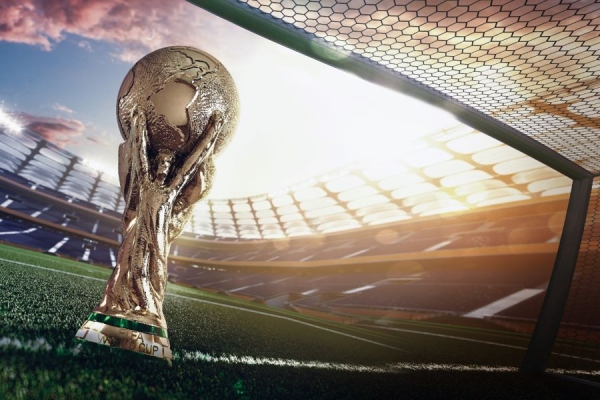Does A Slow Start in the World Cup Group Stage Matter in the End?
Written by Brett MarieWhenever a World Cup gets underway, we often talk about how important it is that teams get off to a strong start in the group stage. It stands to reason that the team that sets out their stall early, playing good football, scoring lots of goals and winning matches with ease will have the best chance of going on to win the tournament.
But it’s becoming clear that the team that ultimately wins the World Cup doesn’t always set the world alight in the group stage. Yes, the early pacesetters might be favoured by those who bet on World Cup winners, but usually, the teams who enjoy a frenetic start burn out by the time they reach the business end of the knockout stages.
France’s victory four years ago is a good example of this. Their group stage was a pretty mundane affair. They kicked things off with a stodgy display against Australia, where they were fortunate to come away with all three points. A VAR-awarded penalty converted by Antoine Griezmann, along with an Australian own goal 10 minutes from time ensured they won 2-1, but the performance was anything but convincing.
They then defeated Peru 1-0 thanks to Kylian Mbappe’s first-half strike, but again it was not the rip-roaring display you’d expect from such a talented team. A bore 0-0 draw with Denmark closed out their group stage in rather unspectacular fashion.
However, as the knockout stages drew on, France grew in confidence and quality. A 4-3 last-16 win over Argentina showcased their full attacking potential, before a 2-0 win over Uruguay and a 1-0 defeat of Belgium sealed their progression to the final in impressive fashion. Then, they put Croatia to the sword in the final in Moscow, winning 4-2.
It was clear throughout the tournament that France had plenty left to give, and they produced their best when it mattered most.
Eight years earlier, Spain’s ultimately triumphant World Cup campaign in South Africa got off to the worst possible start, with a dismal 1-0 defeat to Switzerland. However, they remained confident in their system and reaped the rewards in the end.
Italy didn’t exactly light up the group stage at the 2006 World Cup, Brazil needed a late Rivaldo penalty to win their opening match against Turkey in 2002, and Italy’s 1982 success was remarkable in that they drew all three of their group-stage games.
In contrast, there have been many teams who have flown in the group stage only to underperform in the knockout rounds. Think Spain in 2006, Belgium in 2014, Argentina in 2010, and Mexico in 2002.
All this shows us that we mustn’t be too quick to write off a team’s chances at the 2022 World Cup based on their performances and results in the group stage, and that there is no exact science when it comes to predicting World Cup winners.
The main thing is that a team does enough to come through and reach the knockout rounds. From there, the tournament can really begin, and that’s when the best teams really show their mettle.
Brett Marie
Latest from Brett Marie









